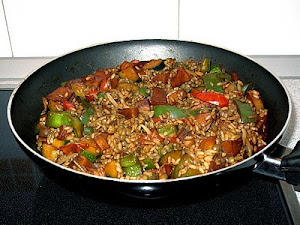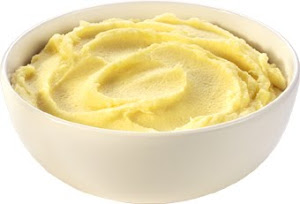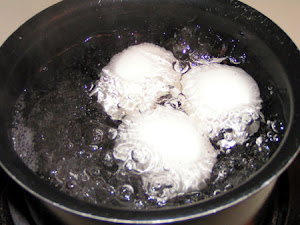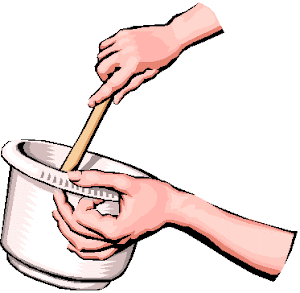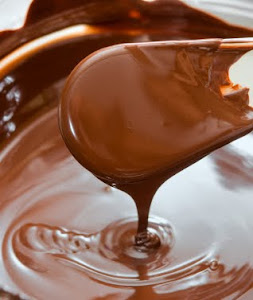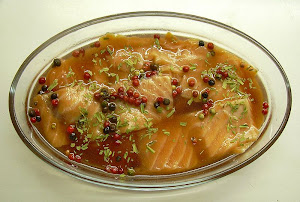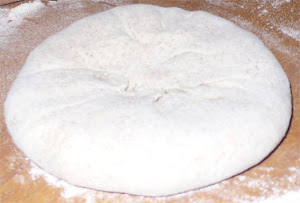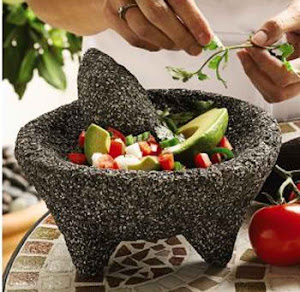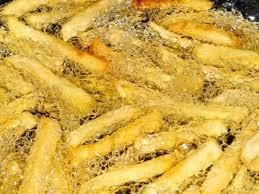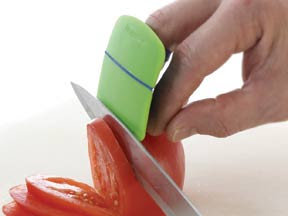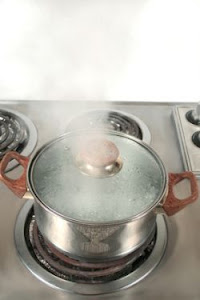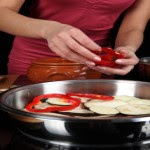jorge villela
jueves, 31 de mayo de 2012
miércoles, 28 de marzo de 2012
Simple Present Be
I am
You are
He is
She is
It is
We are
You are
They are
Contractions
I´m
You´re
He´s
She´s
It´s
We´re
You´re
They´re
Negative
I´m not
You aren´t
He isn´t
She isn´t
It isn´t
We aren´t
You aren´t
They aren´t
Interrogative
Am I...?
Are you...?
Is he...?
Is she...?
Is it...?
Are we...?
Are you...?
Are they...?
Simple Past Be
I was
You were
He was
She was
It was
We were
You were
They were
Negative
I was not
You were not
He was not
She was not
It was not
We were not
You were not
They were not
Interrogative
Was I...?
Were you...?
Was he...?
Was she...?
Was it...?
Were we...?
Were you...?
Were they...?
miércoles, 21 de marzo de 2012
Put the verbs into the correct tense (simple present or present progressive).
- Look! He (leave) the house.
- Quiet please! I (write) a test.
- She usually (walk) to school.
- But look! Today she (go) by bike.
- Every Sunday we (go) to see my grandparents.
- He often (go) to the cinema.
- We (play) Monopoly at the moment.
- The child seldom (cry) .
- I (not / do) anything at the moment.
- (watch / he) the news regularly?
Exercise 7
Complete the sentences. Use Simple Present and Present Progressive.
- I (be) very busy today.
- At noon I (visit) my friend Tanya.
- We (want) to have lunch together.
- In the afternoon I (play) squash with Emily.
- In the evening, I (meet) Rob.
- We (go) to the cinema.
- The film (start) at 8 pm.
Form
Write the verbs in Present Progressive.
- speak - I
- jump - you
- bake - she
- play - they
- run - we
Write the verbs in Simple Present, 3rd person singular.
- be - it
- have - he
- eat - she
- can - he
- wash - she
Use
When to use which tense? Write Simple Present or Present Continuous.
- For actions happening regularly, often or never, we use _simple present___________
- For actions happening now, we use ___present continuos____________.
- The verbs 'be', 'have', 'like' and 'want' are normally only used in simple present _____.
- The signal word 'usually' indicates that we have to use ____ simple present _______.
- The signal word 'now' indicates that we have to use ___ present continuos______.
Positive sentences
Complete the sentences. Use Simple Present or Present Progressive.
- Look! They (leave) the house.
- Brian (cycle) 30 km every day.
- Samantha (do) her homework at the moment.
- My parents (shop) right now.
- He usually (get up) early in the morning.
Negative sentences
Complete the sentences. Use Simple Present or Present Progressive.
- You (see / not) her every day.
- The baby (sleep / not) at the moment.
- I (read / not) a book now.
- We (go / not) to school on Sundays.
- He (watch / not) the news every day.
Present Continuos
Action is Now
*At this moment
*At the moment of speaking
*Use am/is/are --------- am not,isn´t, aren´t
*Use verb + ing
*We Can use it for the future
*Right now
*At this moment
*At the moment of speaking
*Use am/is/are --------- am not,isn´t, aren´t
*Use verb + ing
*We Can use it for the future
*Right now
Simple Present
Routive - Habit - Repeated Action
*If you have adverbs of action
(always,neves,sometimes)
*If you have ¨Every¨ *Day *Month *Tuesday
Use Do/Does
Use Don´t /Doesn´t
3rd Person Singular
he/she/ it
+S/ES
*Important
LIKE.NEED,WANT,HAVE.
*If you have adverbs of action
(always,neves,sometimes)
*If you have ¨Every¨ *Day *Month *Tuesday
Use Do/Does
Use Don´t /Doesn´t
3rd Person Singular
he/she/ it
+S/ES
*Important
LIKE.NEED,WANT,HAVE.
Food
- Chicken
- Fish
- Meat
- Liver
- Beans
- Cheese
Non Count nouns
- Only Singular.
- We use much.
- We use is.
Example:
- Milk Singular.
- How much sugar do we have?
- There is white cheese in the fridge. (Is there any cheese in your house?)
Count nouns
- Can be Singular and Plural.
- We use many.
- We use are.
- Kilogram------------- (p) Kilograms
- How many kilograms of strawberries do we need?
- Are there any watermelon in the box? (yes,there are)
* EVERTHING THAT YOU CAN COUNT
miércoles, 14 de marzo de 2012
WATERMELON
STRAWBERRIES

RASPBERRIES

RAISINS
PRUNES
PEAS

A PEAR
PEACH
LETTUCE
LEEKS

A HONEYDEW MELON
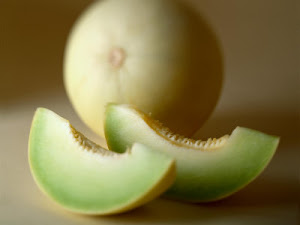
GRAPES

GARLIC

FIGS

DATES

CUCUMBER

CORN

CELERY

CAULIFLOWER

CARROTS

CABBAGE

BRUSSELS SPROUTS
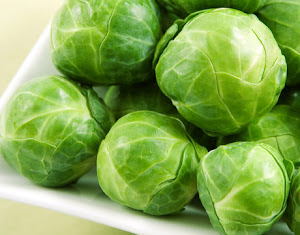
BROCOLI

ASPARAGUS

APRICOTS

AN ORANGE

AN ONION

AN EGGPLANT
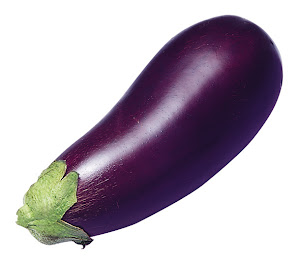
AN EGG

AN AVOCADO
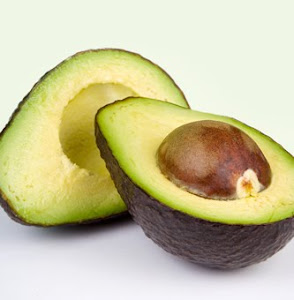
AN APPLE

A TOMATO
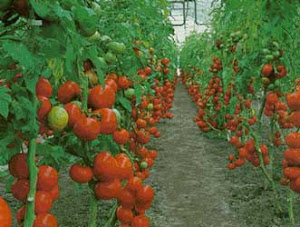
A TANGERINE

A POTATO

A PINEAPPLE
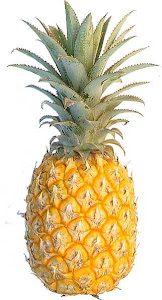
A PEPPER

A PAPAYAS
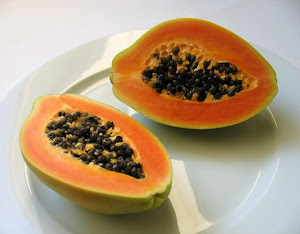
A MANGO
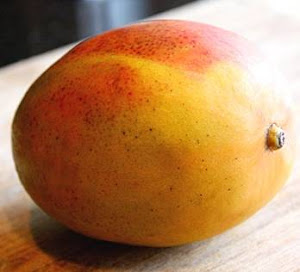
A LIME

A LEMON

A KIWI

A GRAPEFRUIT

A BEANS
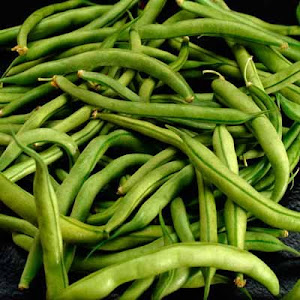
A BANANA
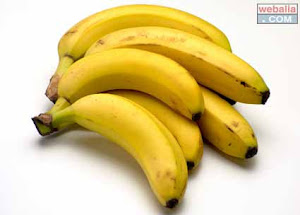
Suscribirse a:
Entradas (Atom)
